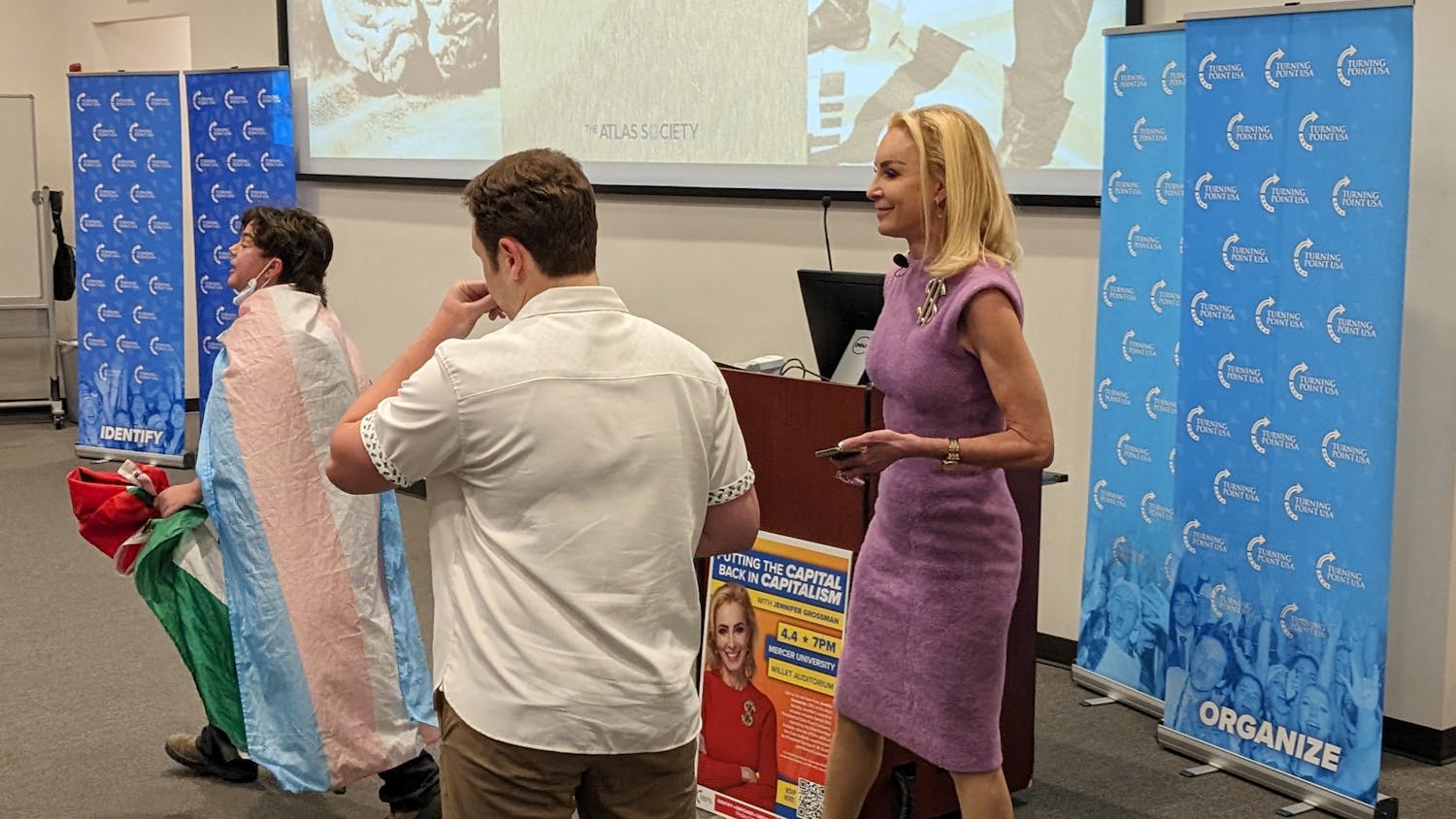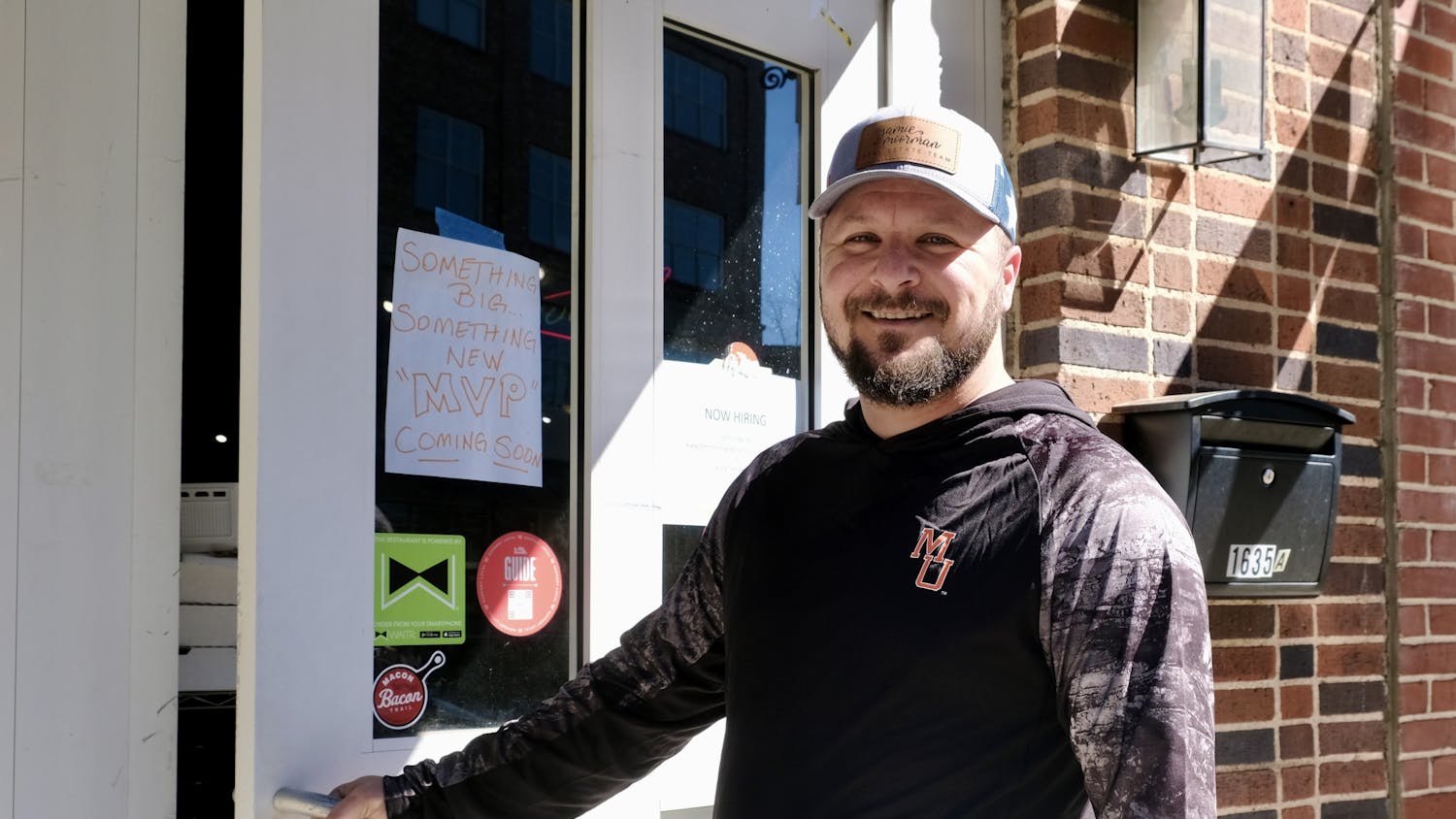One of Mercer University’s own faculty was chosen to be part of a conference in Tehran, Iran, in hopes of continuing to normalize relations with the Islamic Republic. Dr. Rob Nash, who is associate dean and Arnall-Mann-Thomasson professor of missions and world religions at Mercer’s McAfee School of Theology in Atlanta, is a member of U.S. Academics for Peace, which is “a loose-knit group of professors from various universities in the United States.” Nash said that the group has engaged in this sort of work before in places like Syria and the Sudan.
The conference was held in wake of the meetings held at the Palace of Nations in Geneva, Switzerland, where the first formal agreement between the United States and Iran in 34 years was signed. The First Step Agreement freezes key parts of Iran’s nuclear program in exchange for relief of economic sanctions.
Nash said the reason that the U.S. Academics for Peace chose to accept the Iranian Ambassador to the United Nation’s invitation was to act toward a peaceful solution “before the players at the center of the decision-making process change and the forces on both sides that prefer conflict are able to gain the upper hand again,” said Nash. “It is our conviction that professors and university administrators can sometimes accomplish what politicians cannot by creating a context in which we deepen our friendships and connections with each other
“Of course, we went into our meetings with our eyes wide open about the ways in which both the United States and Iran can mislead the public about their intentions,” said Nash. “Governments never have only the best interests of their populations in mind in such conflicts. There are always other concerns and motivations that are difficult to discern.” The main purpose of the visit was to meet with other professors from universities in Iran and Iranian “think tanks” to discuss matters like the tensions between Islam and Christianity and the nuclear energy policy of Iran. While there, the group was able to meet the chief Iranian negotiator for the Geneva agreement.
The group represented professors from prominent U.S. theological schools and universities such as Harvard, Bucknell and New York Theological Seminary, and included experts on Islam, Middle East studies, political science and Iranian studies and anthropology.
Nash wrote a blog post during his trip after visiting the former U.S. embassy in Tehran, which he said describes his feelings about the events related to the U.S. hostage crisis in Iran. While he stood in front of the former embassy, a bazaar stall owner came up to him and struck up a conversation. Upon Nash telling him that he was from the United States, the stall owner said, “We have been waiting for you for 35 years! Where have you been?” Nash said that these words perfectly captured the reception that they’d received from the Iranian people.
“And then it came to me. I wasn’t looking at an active hotbed of anger and hostility toward America. I was standing in front of a museum, a place people came to reflect on a moment in history that was painful, yes, but that was also long past,” said Nash in his blog post. “It was like standing at the Berlin Wall or at the Hanoi Hilton. Important, horrible events happened here, but I was clearly aware of the pastness of those events. And of the need to understand them as events that have shaped our lives but that no longer have to define us as Americans or as Iranians.”
When asked what he thought the group accomplished, Nash said that a few things came to mind. “We were able to see for ourselves what impact the imposition of sanctions by the U.S. and other nations has created in Iran. To be perfectly honest, what we saw was that it is the poorer elements of society that suffer,” said Nash. “Once again, sanctions tend to harm the very people that we least want to harm.” Nash also said that the group was able to help their hosts understand the United State’s perspective on the issue of Iranian nuclear power and continued to encourage them to strive for a peaceful solution. Nash was invited to teach a two-to-three week course on Christianity in America to the students at Al-Mustafa University in Qom, a school that prepares Muslim clergy for ministry in much the same way that the McAfee School of Theology prepares Christian clergy for ministry. “I really hope to be able to take advantage of this opportunity,” said Nash.




